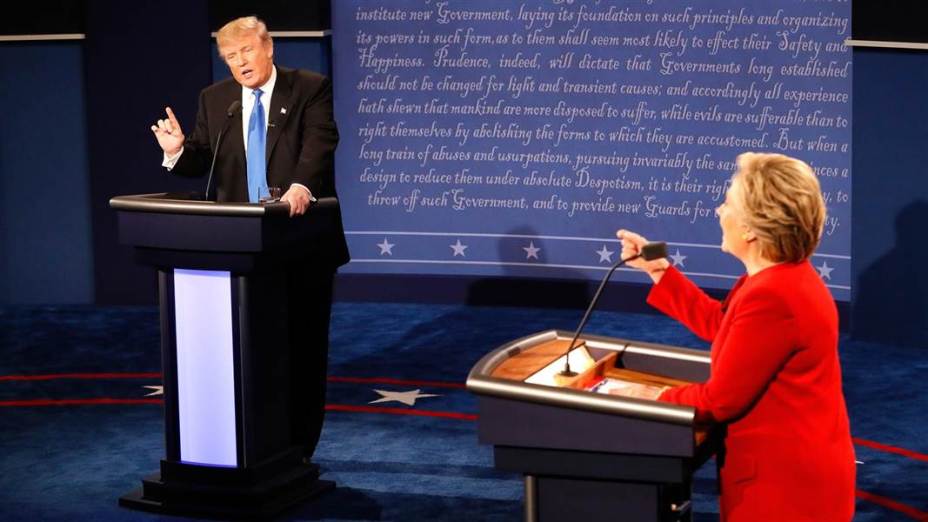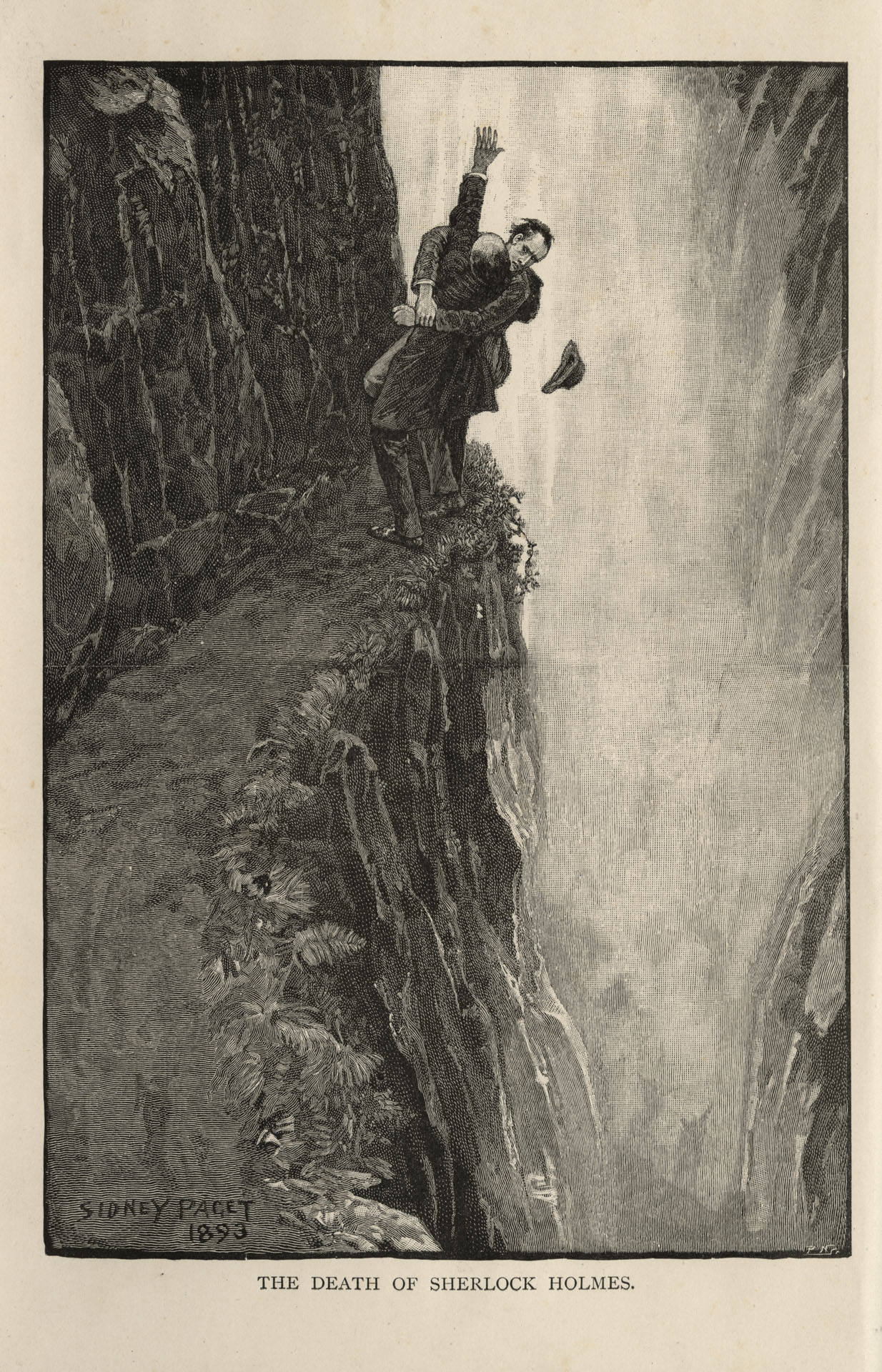I never intended to write about the first debate. However, several readers, in private emails or conversation, have made that request, so, here goes.

Monday night’s event, (Yes, I went to the movie and recorded the debate), the first of three presidential debates, was, as expected, packed with drama: e-mails, taxes, climate change, race, defense, cyber terrorism, stamina, and the dreaded “birther” issue, again.
I am not going to go through every issue. Rather, I’ll give you my take on those things that jumped out at me. You can click on the link to read the complete transcript.
On Trump’s taxes –
Clinton said, “…we have been told through investigative reporting that he owes about $650 million to Wall Street and foreign banks. Or maybe he doesn’t want the American people… to know that he’s paid nothing in federal taxes, because the only years that anybody’s ever seen were a couple of years when he had to turn them over to state authorities when he was trying to get a casino license, and they showed he didn’t pay any federal income tax.”
Trump’s response: “That makes me smart.”
The Ethical Take.: Trump all but admits he’s paid very little or no taxes. And his great “white working class base” of Republicans thinks this guy wants to help them?
On the Clinton E-mails –
“I will release my tax returns,” Trump said, “when she releases her 33,000 e-mails that have been deleted.” [How do you release something that’s been deleted?]
Clinton: “You know, I made a mistake using a private e-mail.”
Trump: “That was done purposely. OK? That was not a mistake. … When you have your staff taking the Fifth Amendment… so they’re not prosecuted, when you have the man that set up the illegal server taking the Fifth, I think it’s disgraceful.”
The Clinton e-mail issue is a repeated refrain in Trump’s stump speech.
NPR reports (April 2, 2015), “ ‘A State Department spokeswoman says Hillary Clinton did not break any rules by relying solely on her personal email account. Federal law allows government officials to use personal email so long as relevant documents are preserved for history.’
“The law was amended in late 2014 to require that personal emails be transferred to government servers within 20 days. But that was after Clinton left office. Watchdog groups conceded that she may not have violated the text of the law, but they argue she violated the spirit of it. The Sunlight Foundation’s John Wonderlich explained to Horsley:
“ ‘[O]ur expectations for public service are [that] public servants use their official email accounts.’ ”
E.T.: Wonderlich is right, of course. However, as FBI Director Comey ultimately concluded more than a year later in his investigation, Clinton was “extremely careless.” As for criminal prosecution, Comey added, “…no reasonable prosecutor would bring such a case.”
Cyber Attacks –
Clinton said, “I think cyber security, cyber warfare will be one of the biggest challenges facing the next president, because clearly we’re facing at this point two different kinds of adversaries. There are the independent hacking groups that do it mostly for commercial reasons to try to steal information that they can use to make money.
“But increasingly, we are seeing cyber attacks coming from states, organs of states. The most recent and troubling of these has been Russia. There’s no doubt now that Russia has used cyber attacks against all kinds of organizations in our country, and I am deeply concerned about this.”
Trump goes off the rails on this one, suggesting… well, here’s his answer.
Trump: “As far as the cyber, I agree to parts of what Secretary Clinton said. We should be better than anybody else, and perhaps we’re not. I don’t think anybody knows it was Russia that broke into the DNC. She’s saying Russia, Russia, Russia, but I don’t — maybe it was. I mean, it could be Russia, but it could also be China. It could also be lots of other people. It also could be somebody sitting on their bed that weighs 400 pounds, OK?”
The E.T.: A 400 pound hacker, Donald!?
Clinton defines the problem and names Russia and President Putin as the likely responsible agents. While no specific proof has been made available publically, most security experts have called out Russia without giving away how they know.
On Temperament –
The biggest laugh of the night came when Trump said, out loud, “I also have a much better temperament than she has, you know? … I think my strongest asset, maybe by far, is my temperament.”
Biggest Surprise of the Night –
Clinton: “And one of the worst things he said was about a woman in a beauty contest. He loves beauty contests, supporting them and hanging around them. And he called this woman ‘Miss Piggy.’ Then he called her ‘Miss Housekeeping,’ because she was Latina. Donald, she has a name.”
Trump: “Where did you find this? Where did you find this?”
Clinton: “Her name is Alicia Machado.”
Trump: “Where did you find this?”
Clinton: “And she has become a U.S. citizen, and you can bet… she’s going to vote this November.”
As reported in The New York Times (Sept. 27), “…Ms. Machado, Miss Universe 1996, says she has never recovered from the experience. Ms. Machado, who grew up in Venezuela, said she had had eating disorders and psychological trauma as a result of the episode.
“ ‘I was sick — anorexia and bulimia for five years,’ she said in an interview with The New York Times in May. ‘I was 18. My personality wasn’t created yet. I was just a girl.’
“Mr. Trump has acknowledged pressuring her to lose weight, saying it was her job as Miss Universe to remain in peak physical shape. On Tuesday morning, he made no apologies for that.
“ ‘She gained a massive amount of weight, and it was a real problem,’ he told FOX News.”
The E.T.: Rather than apologize for something he said 20 years ago, once again, Trump does the double-down two-step. If there is anyone left unconvinced of Trump’s blatant sexism, it was on full display the morning after.
Overall –
Both candidates performed pretty much as expected. Last night, however, I had the opportunity to hear, first hand, what author, columnist and CNN host Fareed Zakaria had to say about Trump’s incredible rise.
The populist support for Trump, Zakaria says, comes as a direct result of his popularity from the reality show, The Apprentice. Much like the Kardashian’s, viewers tune in to see him say the magic words: “You’re fired!” And the flurry of tweets he would send between episodes. This was a show that has been popular since 2004.
However, as I pointed out in Monday’s commentary, real world problems do not lend themselves to Trump’s simplistic tweety solutions: we’re going to build a wall; deport 11 million illegal aliens, etc.
Ever the consummate salesman, Trump has carefully tested and honed his stump speech in the primaries and tapped into the anger expressed by an older, white, male population that feels threatened by immigrants, so he shamelessly panders to fear and unreason.
When it comes to the facts, it’s not that Trump realizes what the truth is and deliberately sets about misleading people, he is, Zakaria says plainly, a “bullshit artist.” In an August Op-Ed in The Washington Post, Zakaria explains.
“A few days ago, I was asked on CNN to make sense of one more case in which Donald Trump had said something demonstrably false and then explained it away with a caustic tweet and an indignant interview. I replied that there was a pattern here and a term for a person who did this kind of thing: a ‘bullshit artist.’ I got cheers and boos for the comment from partisans on both sides, but I was not using that label casually. Trump is many things, some of them dark and dangerous, but at his core, he is a B.S. artist.
“Harry Frankfurt,” Zakaria continues, “an eminent moral philosopher and former professor at Princeton, wrote a brilliant essay in 1986 called “On Bullshit.” …In the essay, Frankfurt distinguishes crucially between lies and B.S.: ‘Telling a lie is an act with a sharp focus. It is designed to insert a particular falsehood at a specific point. . . . In order to invent a lie at all, [the teller of a lie] must think he knows what is true.’
“Frankfurt writes that the B.S.-er’s ‘focus is panoramic rather than particular’ and that he has ‘more spacious opportunities for improvisation, color, and imaginative play. This is less a matter of craft than of art. Hence the familiar notion of the bullshit artist.’
“This has been Trump’s mode all his life,” Zakaria adds. “He boasts — and boasts and boasts — about his business, his buildings, his books, his wives. Much of it is a concoction of hyperbole and falsehoods. And when he’s found out, he’s like that guy we have all met at a bar who makes wild claims but when confronted with the truth, quickly responds, ‘I knew that!’ ”
“Take, for instance, the most extraordinary example, his non-relationship with Vladimir Putin. In May 2014, addressing the National Press Club, Trump said, ‘I was in Russia, I was in Moscow recently and I spoke, indirectly and directly, with President Putin, who could not have been nicer.’ In November 2015, at a Fox Business debate, he said of Putin, ‘I got to know him very well because we were both on 60 Minutes.
“Did Trump really believe that you could say something like that on live TV and no one would check? Did he think that no one would notice that the “60 Minutes” show consisted of two separate prerecorded interviews, with Putin in Moscow and Trump in New York? (By that logic, I have gotten to know Franklin Roosevelt very well because I have run some clips of him on my television show.)
“In fact, Trump was bullshitting. He sees himself as important, a global celebrity, the kind of man who should or could have met Putin. Why does it matter that they did not actually meet?”
The Ethical Take: Do you really want a bullshit artist – who makes things up – making critical decisions that can impact us all in the White House?
Comments









